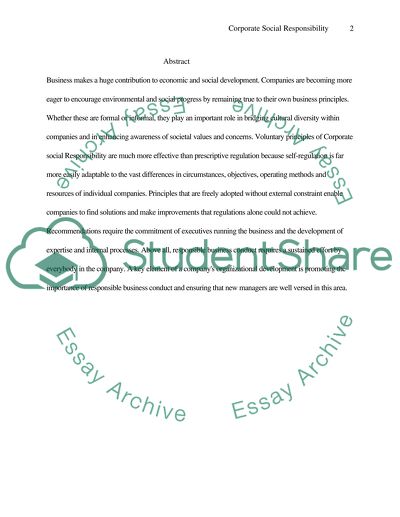Cite this document
(“CORPORATE SOCIAL RESPONSIBILITY POLICY OF MNCs Essay”, n.d.)
Retrieved from https://studentshare.org/sociology/1525952-corporate-social-responsibility-policy-of-mncs
Retrieved from https://studentshare.org/sociology/1525952-corporate-social-responsibility-policy-of-mncs
(CORPORATE SOCIAL RESPONSIBILITY POLICY OF MNCs Essay)
https://studentshare.org/sociology/1525952-corporate-social-responsibility-policy-of-mncs.
https://studentshare.org/sociology/1525952-corporate-social-responsibility-policy-of-mncs.
“CORPORATE SOCIAL RESPONSIBILITY POLICY OF MNCs Essay”, n.d. https://studentshare.org/sociology/1525952-corporate-social-responsibility-policy-of-mncs.


